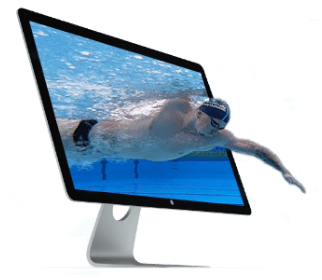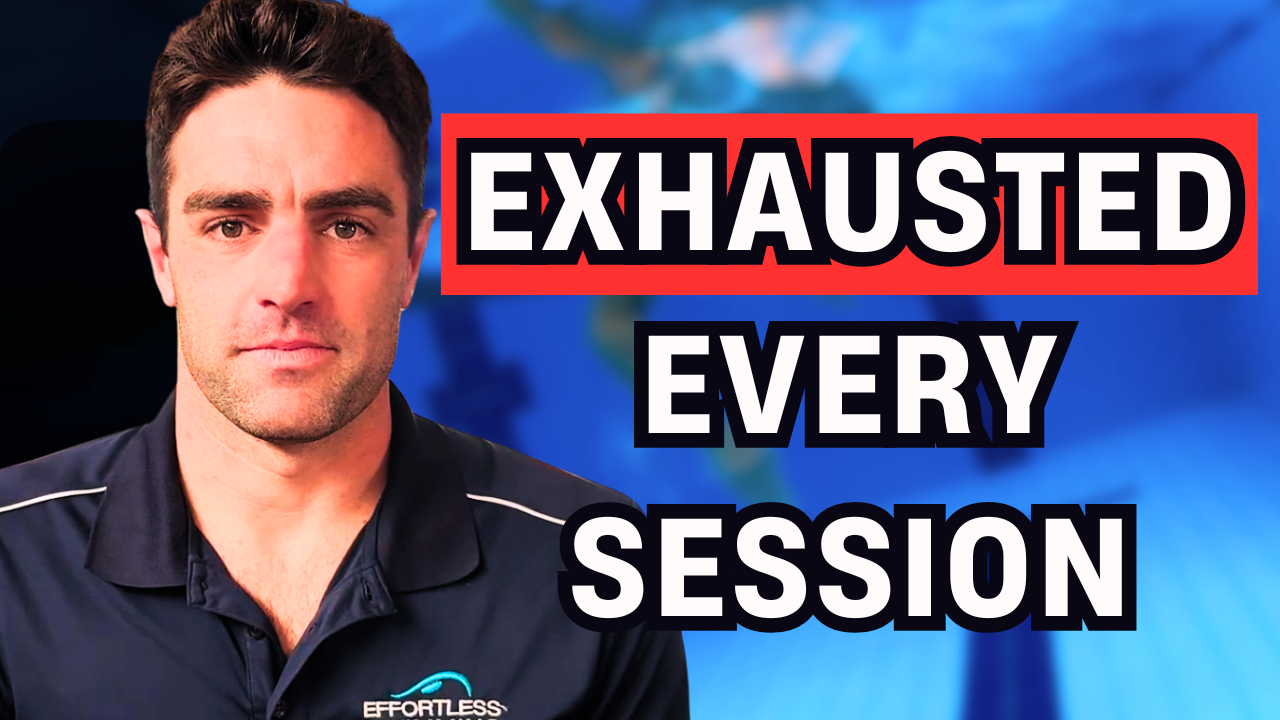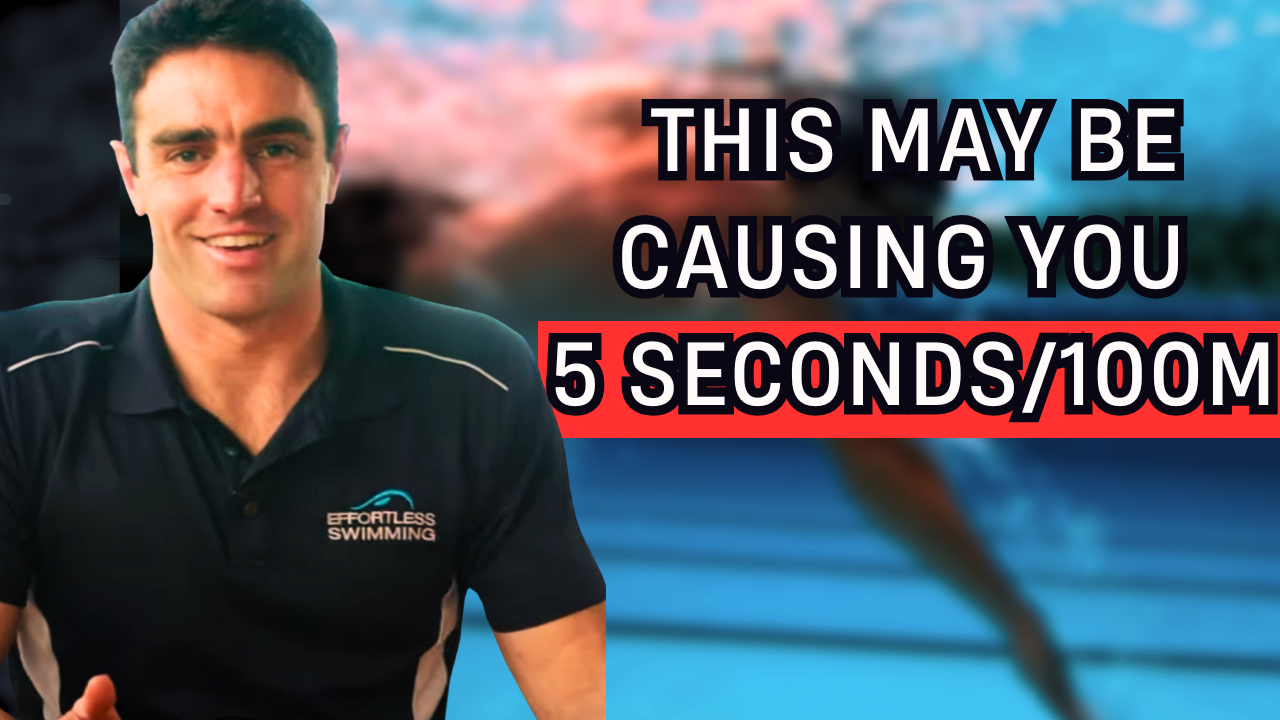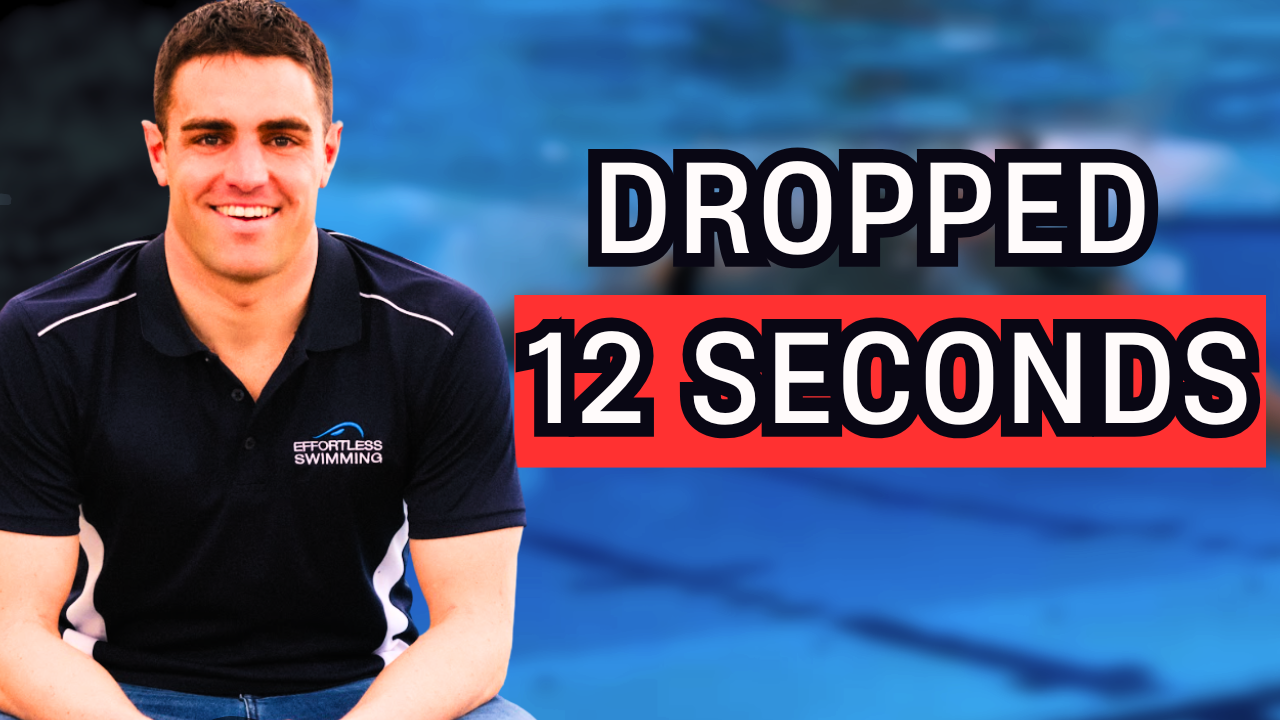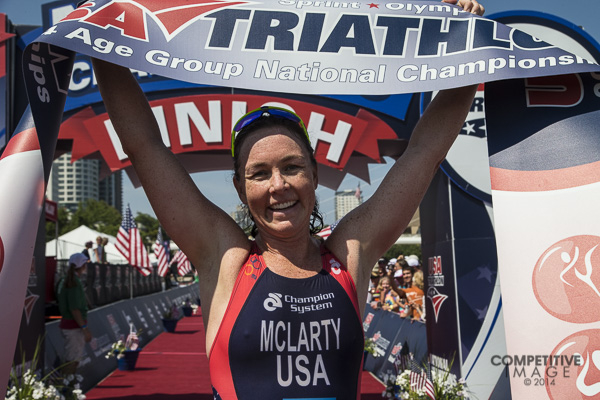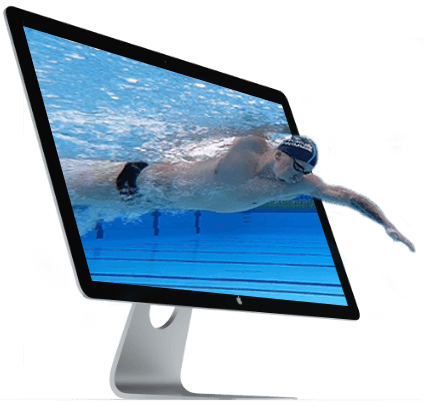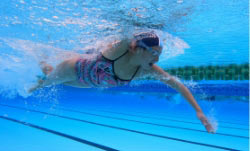What’s the difference between the athletes that ‘make it’ in swimming, and those that don’t? In this three part series I cover some of the truths about swimming that I’ve come to learn in the last 20 years of coaching and swimming.
Truth #1: It will take time.
There are athletes that start swimming later in life. Then after 6-12 months they might not be at the level of someone who has swum all of their life and they get frustrated about it. But if you look at the work of someone who started at an early age has put in it will take time to catch up to them…
I was up as early at 4:15am most mornings of the week when I was in school. I got up early to train before school and went back to the pool after school, doing 7-9 sessions a week. That’s more than 10,000 hours of swimming and training – constantly focusing on your stroke, how it feels and how the water is moving around your body.
You can reach really high level with your swimming if you start late, but it is going to take time and a constant focus on your technique. It is not just going to happen in 6 or 12 months.
Our rule of thumb is you need to be in the water at least three times a week. But, if you really want to fast track your progression as a swimmer, 5+ swims a week is the way to do it.
My coach would always say that if you take one week out of the water, it will take you 2 weeks to get back to where you were before you stopped swimming.
Truth #2: There are physical limitations.
Not many coaches and athletes talk about the limitations of flexibility, strength and fitness. But the reality is there are limitations for each of these things.
When we run our clinics, we do flexibility tests with the athletes that come along. 10% of athletes can get to the required ranges with the stretches but most people are well below it. That’s not a bad thing. It just indicates that you need to improve in that area. It’s a good thing because it’s an opportunity for you to find extra speed in your swimming by becoming more flexible.
The reality is you will be held back by a lack of flexibility. This is something that you have to take a look at. You can’t just keep going to the pool, swimming along and hoping that you are going to get faster without looking at the aspects of your swimming.
Same goes for your strength. If you can’t do one chin up, how do you expect to pull through the water with a lot of power? Take elite swimmers, they typically have a benchmark for the number of chin ups they can do in a row.
Strength through the shoulders makes a huge difference to how much power you have during your catch and pull. Strength through the shoulders is something that you can lose easily if you are out of the water for a long time.
Fitness also plays a part in swimming faster. You may be bike or run fit but there is something to be said about being ‘swimming fit’. It’s a different kind of fitness than just by being able to run or ride a bike for a long time.
Truth #3: Success is a habit and a process.
If you look at top swimmers or triathletes today, their training is a habit. They know that every time they wake up in the morning, most of them will have the same sort of breakfast, the same routine for the week without really thinking about how they need to structure their day or week.
If you start a new training program, it’s going to take some thought, effort and energy just to get to those sessions. But, after a couple of weeks of doing them, and you’re in the habit of getting your training done it becomes a whole lot easier.
Truth #4: To swim faster, you have to relax.
Tension, thrashing and aggression don’t often work to your benefit in swimming.
You have to stay relaxed and be controlled in order to swim faster.
See you in part 2!









